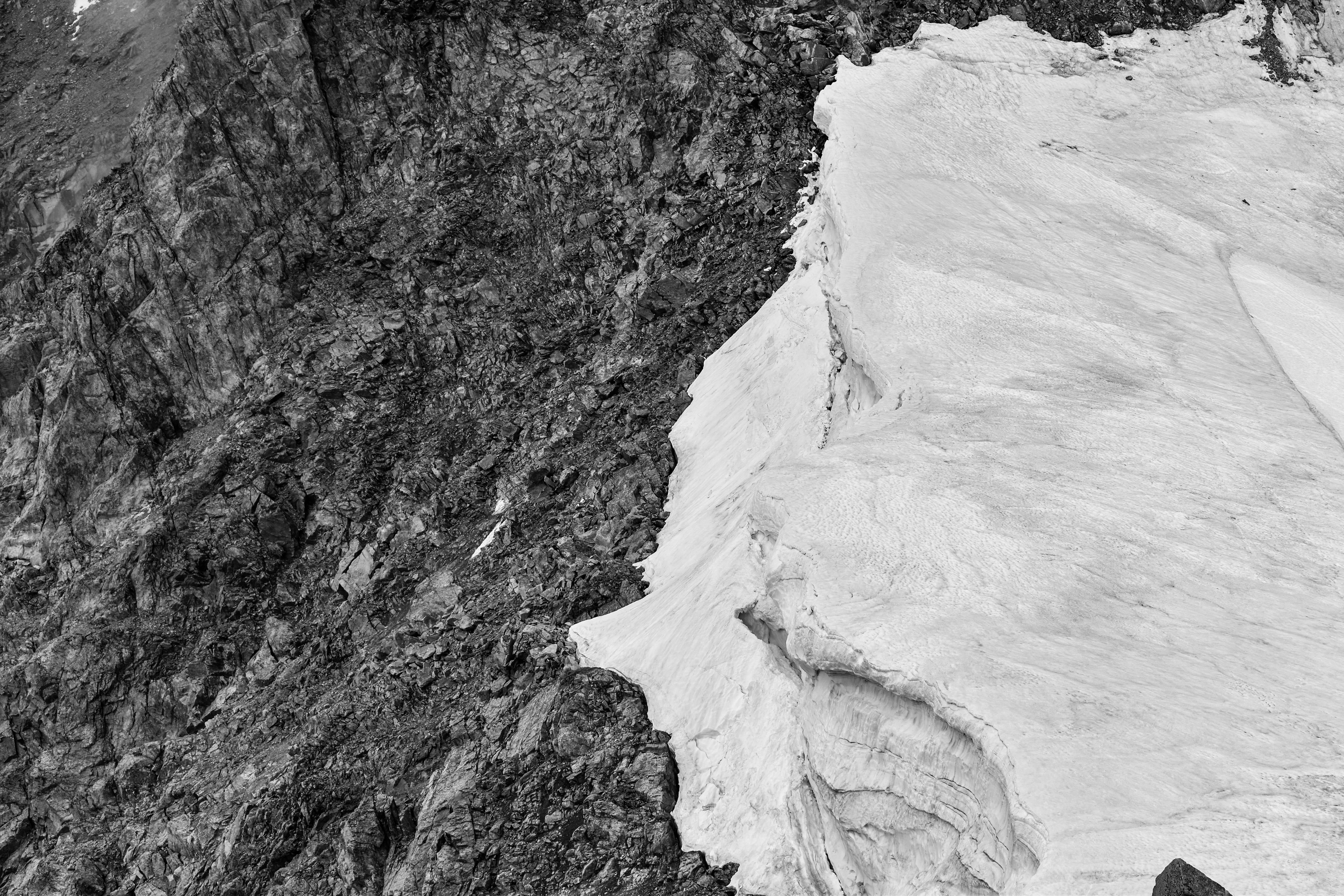
The huge environmental and socio-economic changes in progress and the consequent territorial rebalancing dynamics require a deep revision of the settlement models with which the territories have been colonized and transformed up to today.
From this point of view, the Alps are an important place in which to identify new paradigms based on the adaptation to environmental and climatic changes, on the need for an essential and efficient approach to living, on the development of new economic and production models, and on the re-signification of cultural, social and patrimonial legacies.
The three universities involved, each with its own approaches and specificities, will share these challenges through a critical and immersive reading of the territory, and will elaborate design scenarios to dwell the Alps of tomorrow.
Partner Universities
- Politecnico di Torino, Italy (coordinator)
- KU Leuven, Belgium
- Norwegian University of Science and Technology, Norway
Dates and location
- Virtual part: September 30; October 11, 18, 25; November 8, 2024 (35 hours - online meetings + offline work)
- In-person training: October 2-6, 2024 (40 hours)
General information
The BIP is open to Master and graduating students in Architecture.
Courses and activities will be held in English.
Students completing the program will achieve 3 ECTS.
Program coordinators
Roberto Dini (PoliTo)
Wim Goossens (KU Leuven)
Elias Thorsdal Mølnvik (NTNU)
How to apply
Politecnico di Torino students
MSc. students in Architecture Construction City, Architecture for Heritage, Architecture for Sustainability are eligible to participate in the program.
Please send an e-mail with motivation letter and portfolio to roberto.dini@polito.it no later than September 10, 2024.
KU Leuven and NTNU students
Please contact the International Mobility/Erasmus+ office of your university.
Program description
On site training
The training activity on site is concentrated in 5 days of full-time activity to be carried out in the mountains, on the site chosen as a case study.
The following activities are foreseen:
- Guided excursions and inspections on the study site;
- Lectures by experts;
- Meetings with stakeholders and local actors;
- Meetings with the local community;
- Design and processing activities.
Online activities
- Thematic and logistic introductory meeting;
- Lectures by experts;
- Meetings to share progress among students from different schools (mid-term review);
- Final meeting to present the results (final review).
Extra-didactic activities
The guided excursions on the ground will be led by professionals (alpine and hiking guides) who will allow students to learn movement on mountain terrain and deepen their knowledge of the alpine environment, especially through direct observation of environmental and climatic phenomena.
Teaching methods
- Direct observation of environmental and climatic phenomena;
- Field study and analysis of the existing architectural and landscape heritage;
- Comparison and discussion of topics through seminar activities;
- Lectures and dialogues with experts;
- Drafting of a design program starting from the comparison with stakeholders and actors of the territory;
- Construction of future design scenarios at different scales;
- Presentation and dissemination of the project idea.
Expected Learning Outcomes
At the end of the program, students are expected to:
- Share issues related to ongoing environmental, climatic and socio-economic transformations;
- Stimulate a reflection on new models and paradigms for inhabiting the Alpine territory;
- Develop settlement and architectural models based on adaptation to environmental and climatic aspects, reduction of anthropic impacts, reuse of existing heritage, etc.

Funded by the European Union. Views and opinions expressed are however those of the author(s) only and do not necessarily reflect those of the European Union or the European Education and Culture Executive Agency (EACEA). Neither the European Union nor EACEA can be held responsible for them.